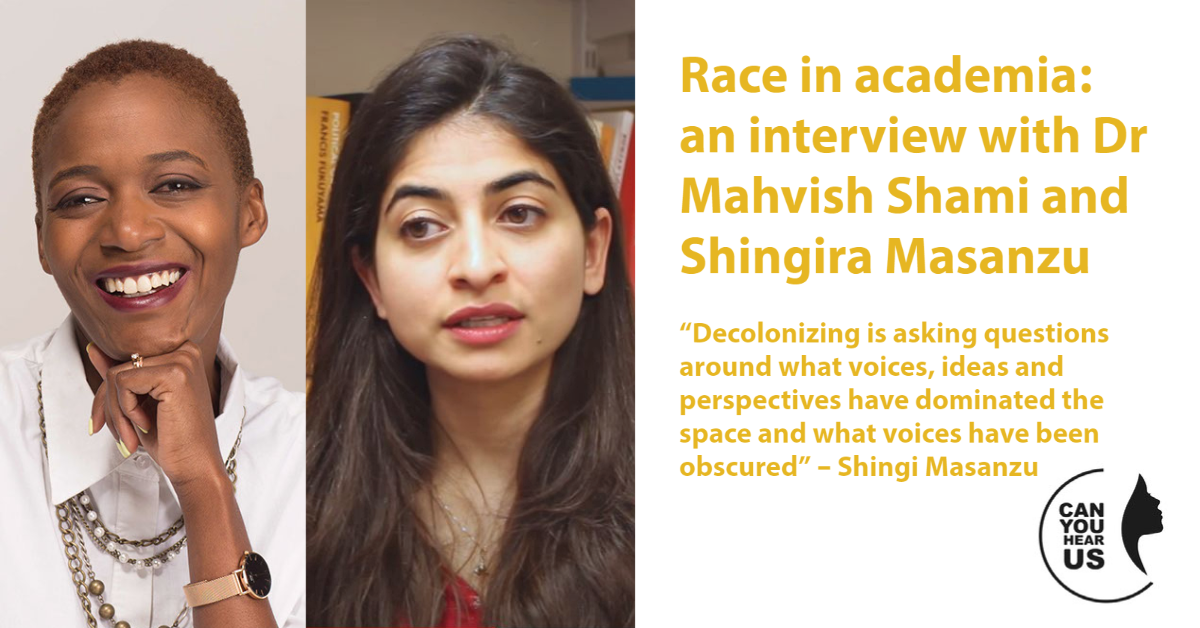In the fourth episode of Can You Hear Us, the team continue with our theme of – Having it All – by exploring a particular area of development that both creates barriers and opportunities for women of colour to professionally engage with and advise on development, aid, and humanitarian interventions: Consulting. Susan Sebantindira, LSE alumnus and founder of The Black Humanitarian, sits down with CYHU team to tackle the world of consulting, and how to find and make space within it.
“I do think imposter syndrome is also a structural issue and not just an individual issue. Too often we place on the individual the onus of removing imposter syndrome or finding a solution for it… but you also have to look at the structures in place that lead women of colour feeling disempowered.”
“I felt like it was the first time I could see myself in the [development] sector, that there was a place for me.”
The views expressed in this post are those of the author and in no way reflect those of the International Development LSE blog or the London School of Economics and Political Science.





